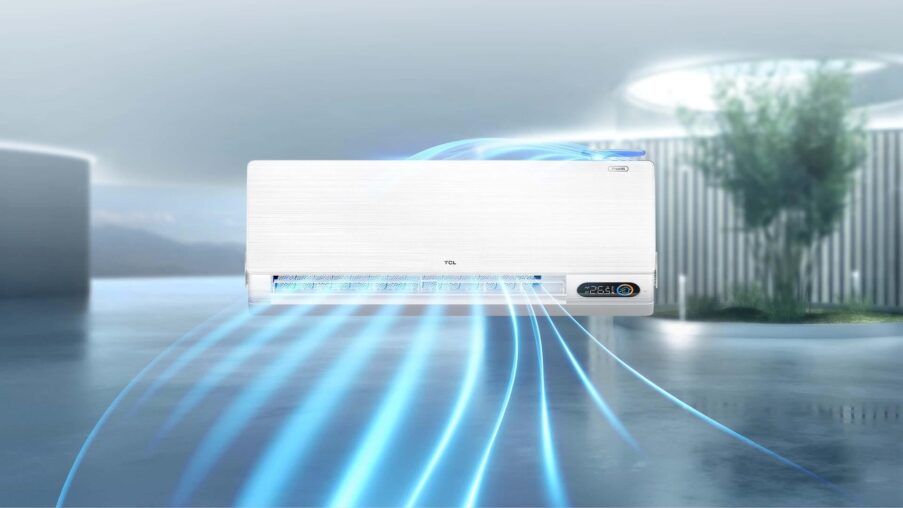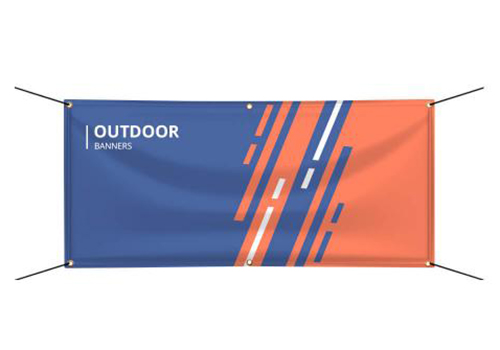In today’s fast-paced, comfort-driven world, one thing many of us often take for granted is the refreshing blast of cool air when we walk into a building on a hot day. Whether you’re stepping into your home after a long day or entering a store during peak summer, the invisible magic that makes the indoor climate comfortable is often thanks to an HVAC system—and at the heart of that system is the air conditioner.
The HVAC (Heating, Ventilation, and Air Conditioning) system is a critical part of modern infrastructure. But for many people, it remains a technical mystery. So, let’s break it down in a simple, human way, focusing especially on the unsung hero of hot weather: the air conditioner.
What Exactly Is HVAC?
HVAC stands for Heating, Ventilation, and Air Conditioning. It’s an integrated system designed to manage indoor environmental conditions by:
-
Heating the space during cold seasons
-
Ventilating to ensure airflow and maintain air quality
-
Air Conditioning to cool and dehumidify the space during warmer months
Each component plays a vital role, but it’s the air conditioner that many people rely on most during sweltering heat waves.
The Role of the Air Conditioner in HVAC Systems
The air conditioner is the part of the HVAC system specifically responsible for cooling indoor air and regulating humidity levels. But it does much more than just lower the temperature. A well-functioning air conditioner contributes to:
-
Comfort: Keeping indoor spaces at a pleasant temperature
-
Health: Reducing allergens, mold, and excess humidity
-
Productivity: Making workspaces more efficient by improving focus
-
Air quality: Filtering pollutants and circulating fresh air
Let’s take a look at how it works behind the scenes.
How an Air Conditioner Works (Simplified)
Understanding the basic process can help you appreciate what goes into keeping your space cool. Here’s a breakdown:
-
Warm air is drawn in through return air vents inside the building.
-
The air flows over an evaporator coil, which is filled with a special refrigerant that absorbs the heat.
-
The now-heated refrigerant travels to the compressor, which raises its temperature and pressure.
-
It then moves to the condenser unit located outside, where the heat is released into the outside air.
-
The cooled refrigerant cycles back indoors, and cooled air is pushed through the vents into your rooms.
This cycle repeats continuously to maintain a stable and comfortable indoor climate.
Types of Air Conditioners in HVAC Systems
Not all air conditioners are built the same. Depending on your needs, budget, and space, there are several types to consider:
1. Central Air Conditioning
Most common in residential and commercial buildings, central AC uses ductwork to distribute cool air throughout the building. It’s powerful and efficient for cooling large spaces.
2. Ductless Mini-Split Systems
Ideal for homes without ductwork, mini-split systems offer zoning flexibility—meaning you can cool specific areas without affecting the entire building. They’re also energy-efficient.
3. Window Units and Portable ACs
These are best for single-room applications. They’re cost-effective upfront but may consume more energy over time.
4. Hybrid or Dual Fuel Systems
These systems combine an electric air conditioner with a gas-powered furnace. They automatically switch between heating and cooling depending on the weather, optimizing energy usage.
Benefits of a High-Quality Air Conditioner
A good air conditioner does more than make your home feel nice. It improves your life in subtle but important ways.
1. Improved Sleep
It’s no secret—cooler temperatures promote better sleep. A comfortable sleeping environment can drastically improve rest and recovery.
2. Humidity Control
Excess humidity not only makes the air feel hotter but also encourages mold and mildew growth. Air conditioners reduce humidity, improving both comfort and health.
3. Cleaner Air
Most modern air conditioners come with built-in air filters that trap dust, pollen, and other airborne particles. This is especially beneficial for people with allergies or asthma.
4. Energy Efficiency
Modern HVAC systems are designed to be more energy-efficient than ever. With energy ratings like SEER (Seasonal Energy Efficiency Ratio), it’s easier to find a unit that cools your home without driving up your power bill.
Common Air Conditioner Problems (And What You Can Do)
No machine is perfect. Here are some common air conditioner issues and how to spot them early:
1. Insufficient Cooling
If your AC is blowing warm or weak air, it could be due to a clogged filter, low refrigerant, or a malfunctioning compressor.
2. Strange Noises
Rattling, buzzing, or hissing sounds might signal mechanical issues or refrigerant leaks.
3. Water Leaks
If water is pooling around your AC unit, it could be a blocked drain or frozen evaporator coil.
4. Foul Smells
Musty odors might indicate mold growth in the ductwork or AC unit.
Routine maintenance can prevent most of these issues and extend the life of your system.
How to Maintain Your Air Conditioner
Regular maintenance keeps your HVAC air conditioner running efficiently and prevents costly breakdowns. Here are some simple but effective steps:
-
Change air filters every 1–3 months
-
Clean vents and ductwork
-
Inspect refrigerant levels
-
Check for leaks or rust
-
Schedule a professional tune-up annually
Think of maintenance like a wellness check-up for your HVAC system. A little care goes a long way.
Choosing the Right Air Conditioner for Your Home or Business
When it’s time to buy or upgrade, there are a few key factors to consider:
1. Size
Too small, and it won’t cool efficiently. Too large, and it will cycle on and off frequently, wasting energy.
2. Energy Efficiency
Look for units with high SEER ratings and Energy Star certifications.
3. Smart Features
Many newer models offer programmable thermostats, app-based controls, and energy usage tracking.
4. Installation and Cost
Consider both the upfront cost and long-term operating expenses. Investing in quality now can save you money later.
The Future of Air Conditioning
Technology continues to push HVAC systems forward. Here are some exciting innovations on the horizon:
-
Smart HVAC systems: Integration with home automation and voice assistants
-
Eco-friendly refrigerants: Safer for the environment
-
Solar-powered AC units: Reducing reliance on the power grid
-
Zoning systems: Personalized comfort room by room
As energy standards rise and sustainability becomes a priority, the future of air conditioners is both greener and smarter.
Final Thoughts: Why Your Air Conditioner Deserves More Credit
We often don’t think about our air conditioner until it breaks down on the hottest day of the year. But in truth, it’s one of the hardest-working appliances in your home or office. It quietly keeps the temperature stable, the air breathable, and your day more bearable.
So next time you enjoy that cool breeze indoors, remember: your HVAC system—and especially your air conditioner—is doing more than just making you comfortable. It’s protecting your health, improving your productivity, and helping your home run smoothly.
And that’s something worth appreciating.
Need help choosing or maintaining your HVAC air conditioner? Whether you’re a homeowner or business owner, investing in the right system and keeping it in top shape can make all the difference in how you experience comfort every day.





